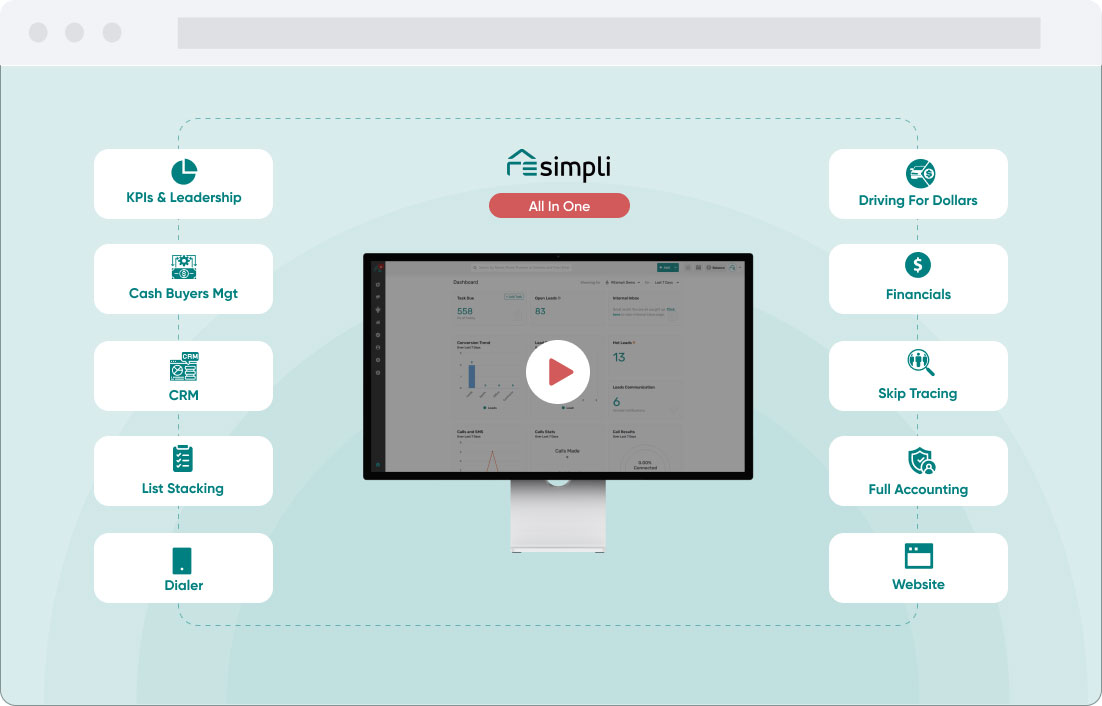If you’ve been investing for any length of time, you’ve probably heard the title phrase often. People say it because it is so important. Yet there are many investors who just don’t do it. Or they do it too much and become infected with analysis paralysis. They never pull the trigger because they over-analyze everything. Real estate investing involves risk. You just have to mitigate the risk enough to feel comfortable. Or you have to say no to the deal. Many investors turn down lots of deals until they find the right one. It’s much better to miss out on a good deal and turn it down than it is to invest in a bad deal.
Here are 4 areas where it’s very worthwhile to spend some time on research:
Your Neighborhood
Whether you’re flipping single family homes or commercial skyscrapers, selling prices and rents are determined by the properties around the deal. The more you know about property values, the more accurately you can determine what to pay for a property. This will also help you know your exit plan before you invest, which is so important. For instance, if you flip a house and it doesn’t sell, could you turn it into a rental property that cash flows?
Your Financing
Every type of financing has its pros and cons. What kind of relationship do you have with the people who will finance your project? Are they willing to work with you if something goes wrong? Determine the costs of your financing. Remember that they put a lot of hidden costs and fees when you are seeking a loan. Will the costs of obtaining hard money, or splitting profits with an equity investor make the project unattractive?
Your Rehab or Construction Costs
It is very difficult to estimate the costs to fix up or build a property completely and accurately. But the more you know about construction, the better your estimates will become. It is always good to add an additional percentage to the costs you estimate, to cover unforeseen issues. That percentage can shrink as you become better at estimating but it should never disappear.In addition to your estimates, you should obtain several bids. The cost to perform a job can vary wildly among contractors. The problem among the bids is that you may not know which contractors will perform to the standards you expect. Not only do you want to research the contractor’s prices. You want to research their capability as well. Check out: Their licenses, references from past job, any complaints registered against them, and speak with the city inspectors who see their work regularly and may be able to recommend better ones.
Your Time
You may be the best house painter in the world. That doesn’t mean you should do all the painting on your deals. Where is your time best spent? You can save $10,000 in 15 minutes if you spend your time negotiating better deals instead of painting. Figure out the best use of your time and concentrate in that area. You may have to allocate your time differently on each deal. But if you stick with one type of investing, you should start seeing patterns after you have completed a few. Then determine the cost of your time. What is a decent profit to you for the work you have put into a deal. If a deal won’t meet that criteria, turn it down.
All of the research you put in up front helps mitigate risk on the back end. Good upsides with limited downside risk are the criteria for a truly profitable deal.

